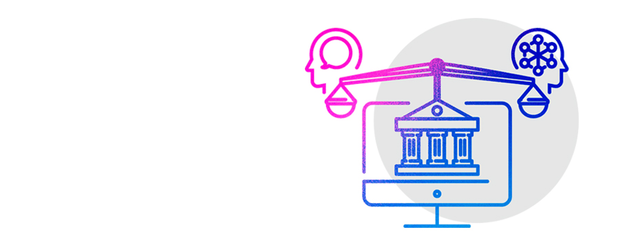Using AI in the Courtroom: What are the Implications?

Complete the form.
When a judge makes their final decision, they have a duty to apply the principles of procedural fairness, including the rule that the judge must not have an interest in the matter adjudicated, nor appear to be biased in their conduct or conclusions. In each case, judges are required to adjudicate based on the specific facts and legal arguments presented so variation is inevitable and right, within the constraints established by precedent, legislation and the judge’s power.
In addition to this appropriate responsiveness to the matters before them, judges may be unconsciously influenced by their experiences and beliefs, and so judicial discretion can lead to greater variation and unpredictability within an appropriate range of response than is altogether desirable.
The benefit of technology like Artificial Intelligence is that, if managed appropriately, it can bring greater consistency and stricter objectivity to the process. Through synthesis of a large amount of data, trends can be detected and remedied or reinforced without usurping judicial discretion. Can a combination of subjective human reasoning and machine learning provide fairer outcomes in the courtroom?
Fill out the form to download the full copy of the event summary today!
 LexisNexis
LexisNexis